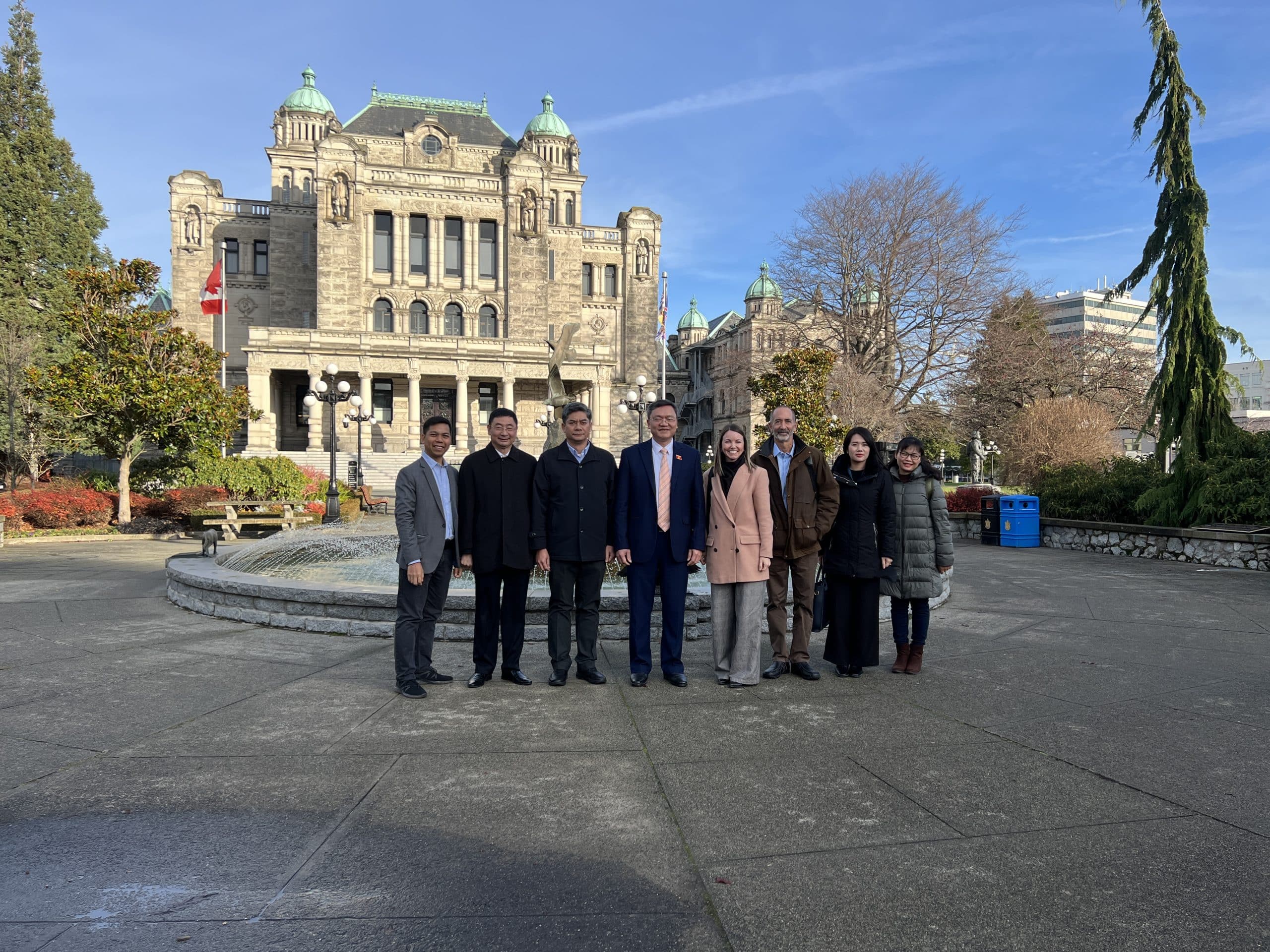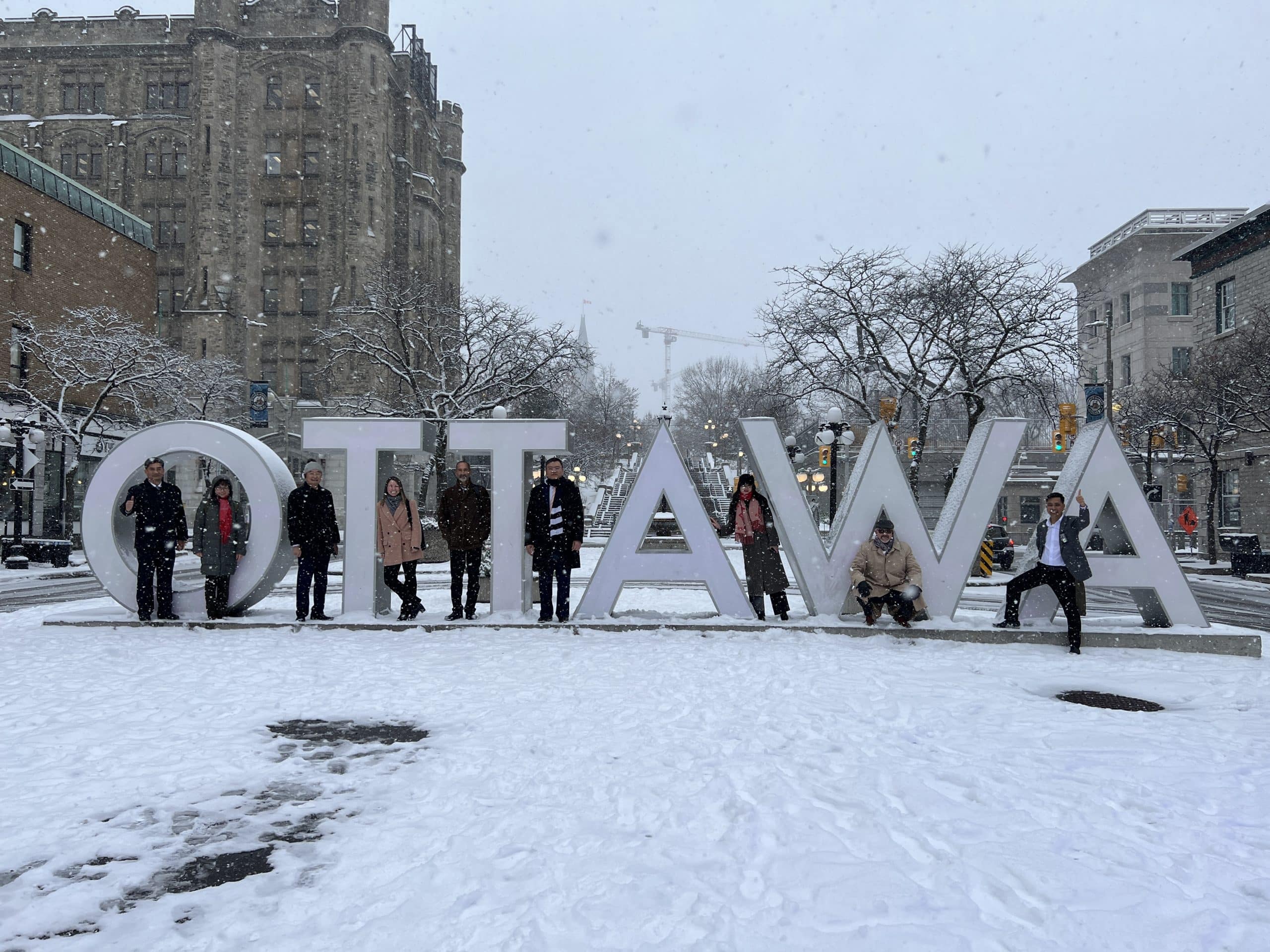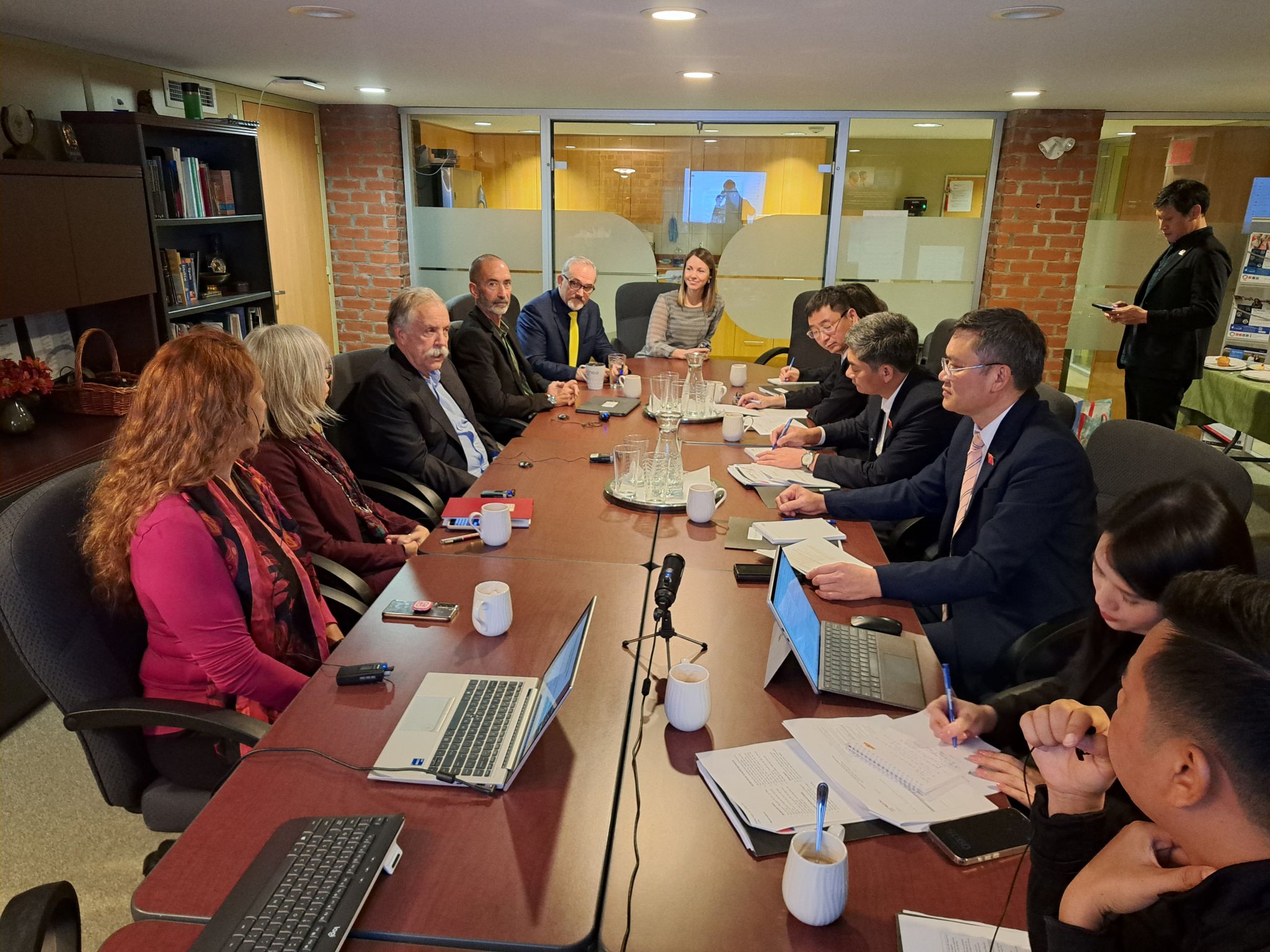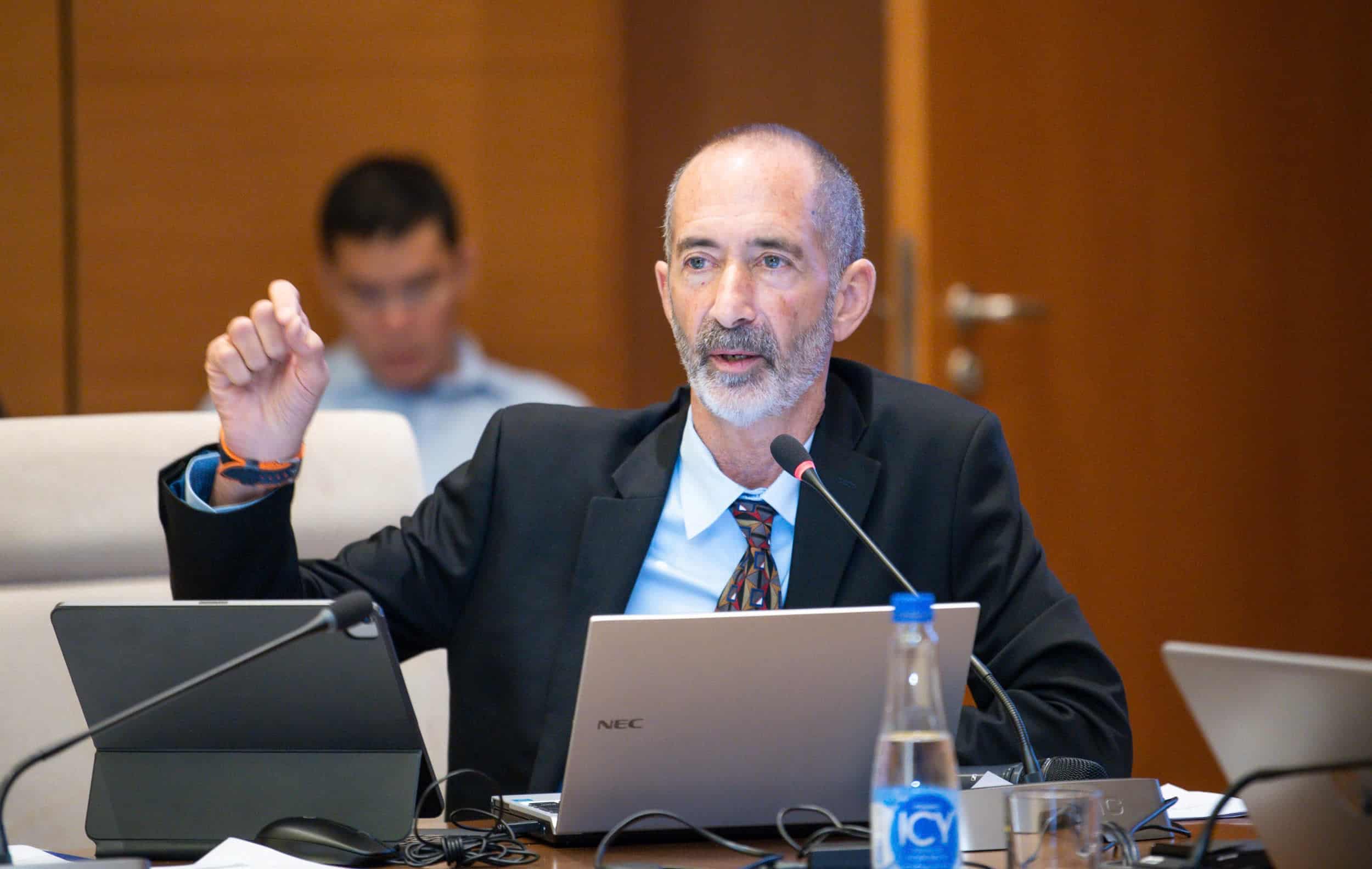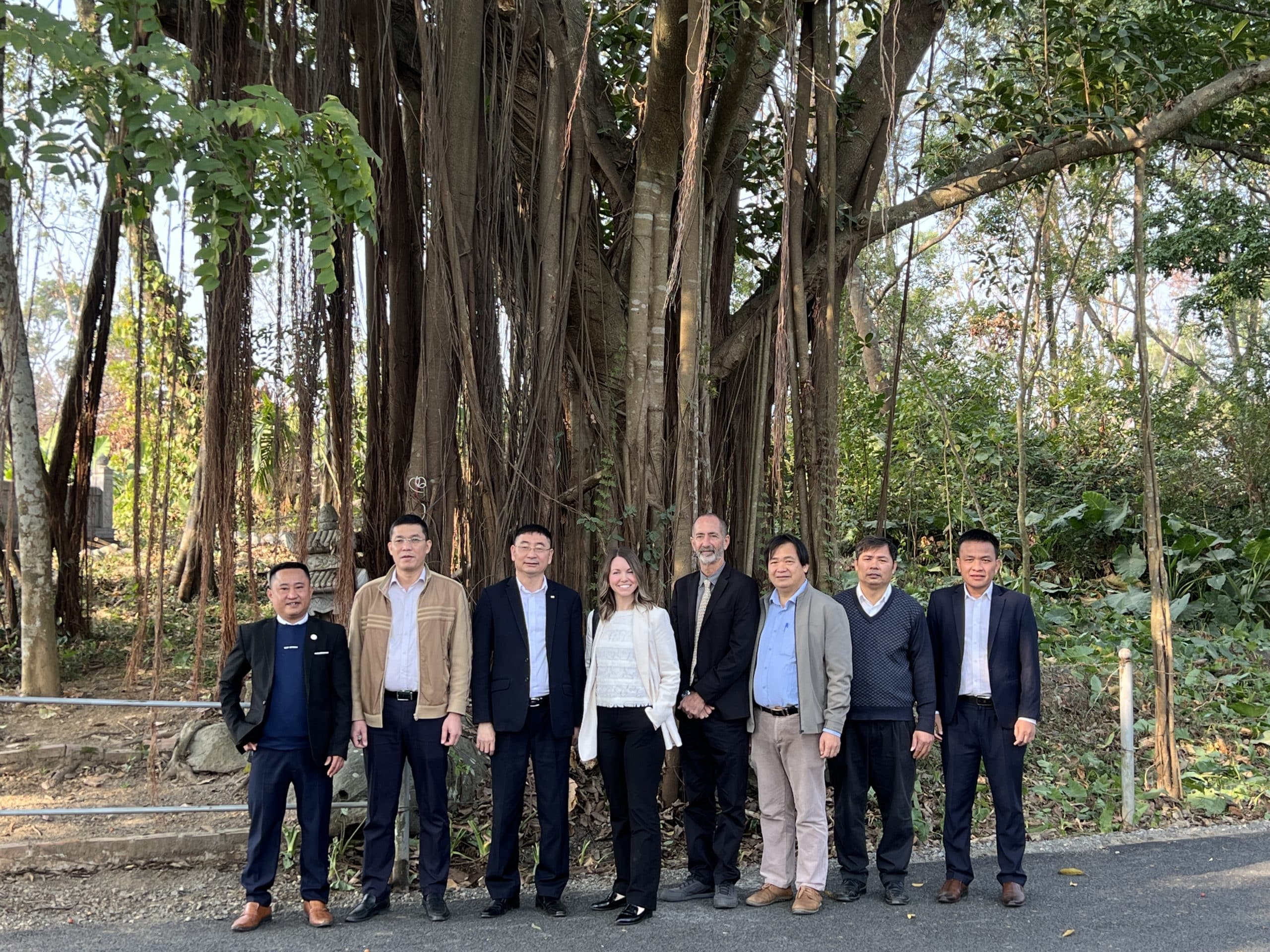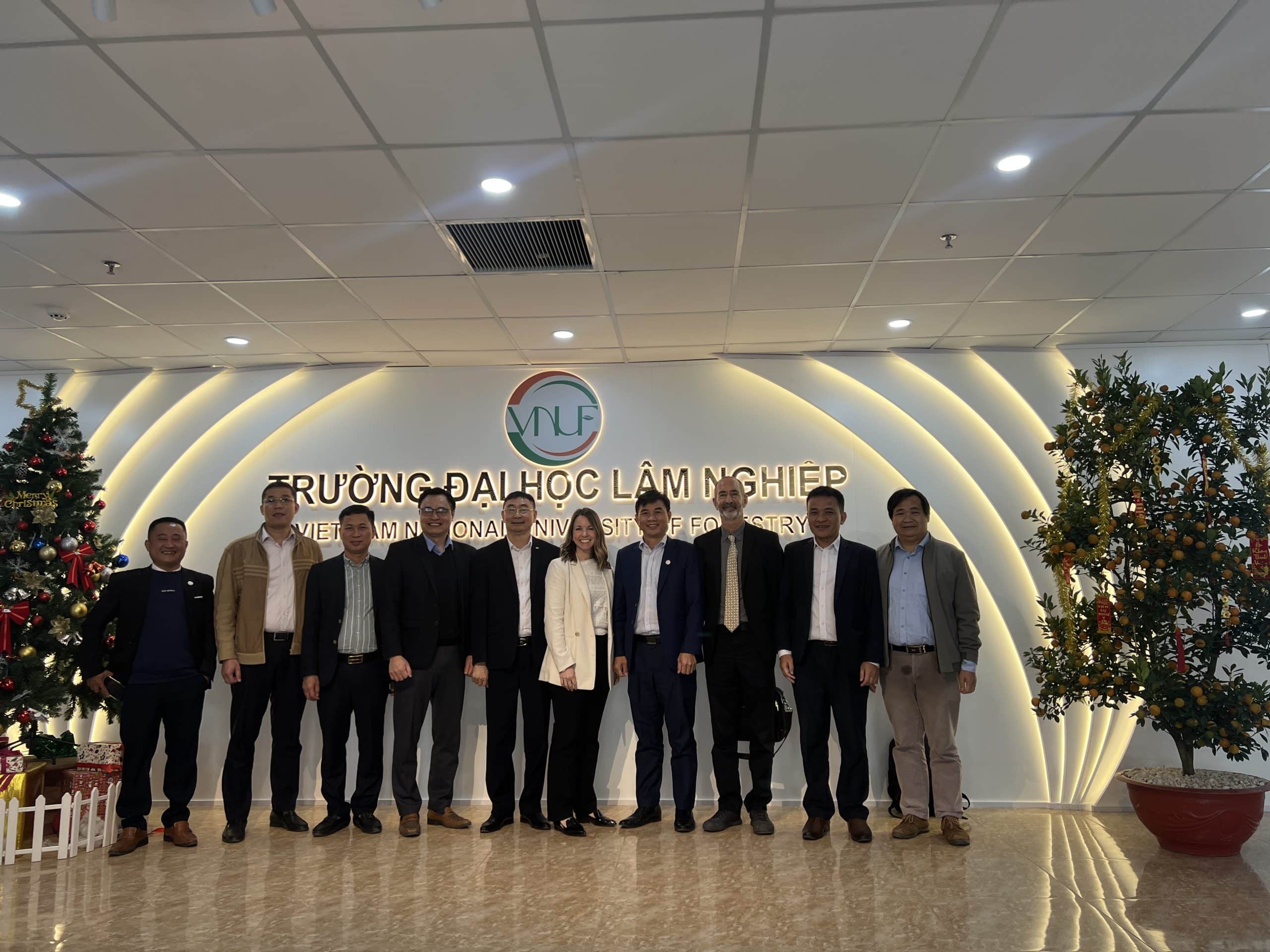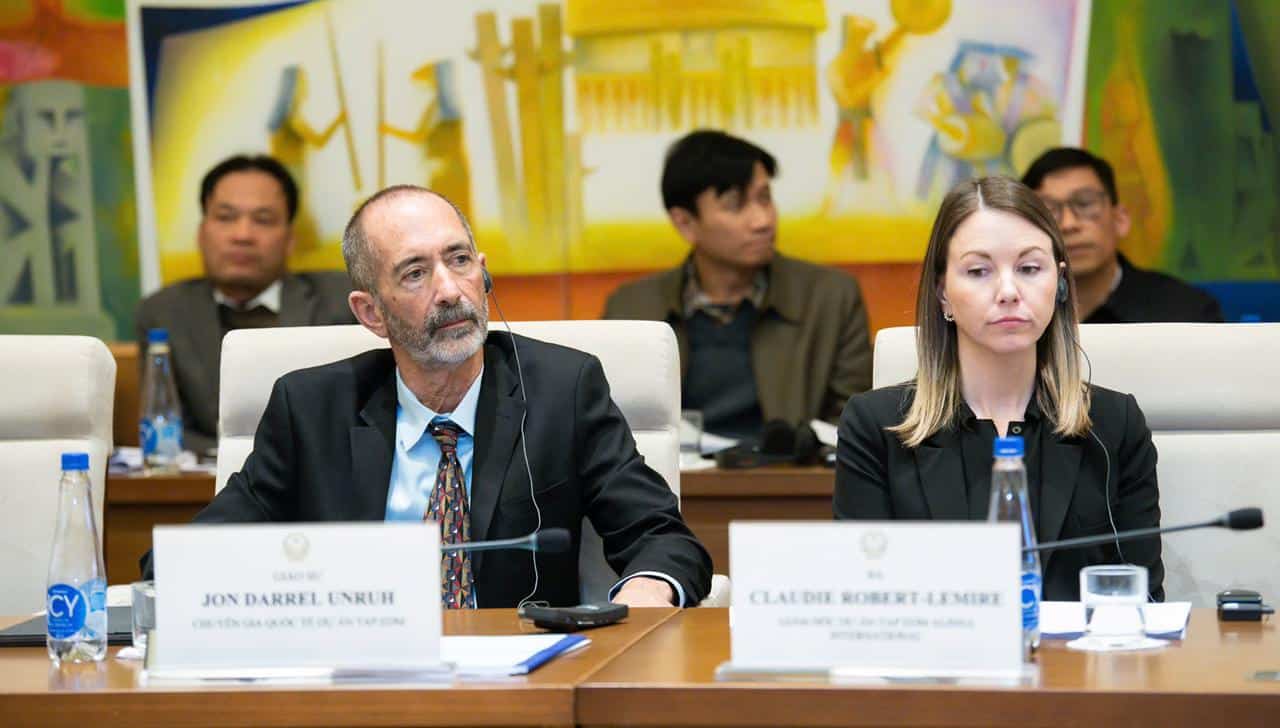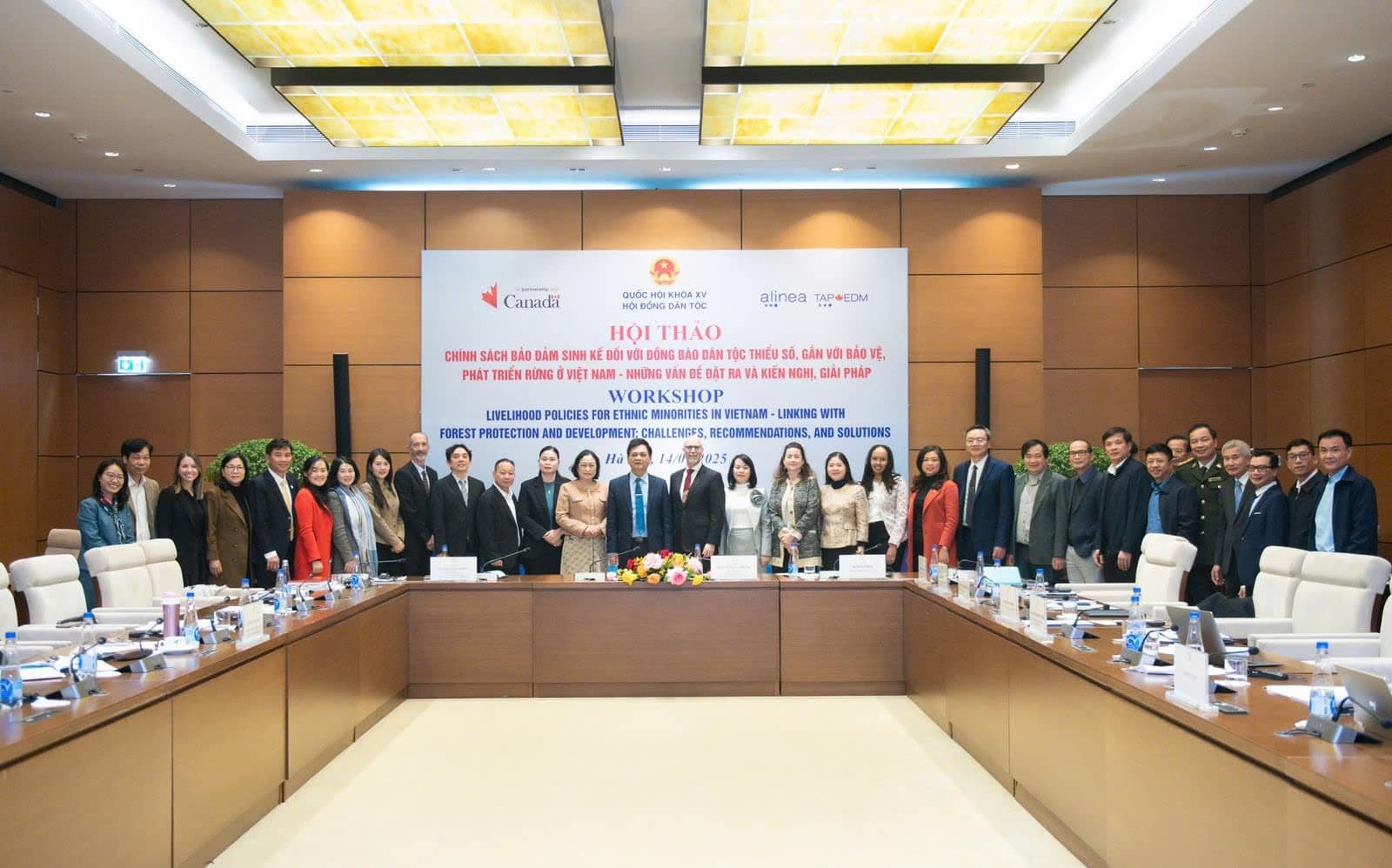Advancing Forestry and Ethnic Livelihoods in Vietnam
By Jon Unruh, Professor, McGill University Department of Geography
The Technical Assistance Program – Expert Deployment Mechanism (TAP-EDM) initiative implemented by Alinea International and funded by Global Affairs Canada works collaboratively with Canadian Technical Expert Jon Unruh, a professor at McGill University’s Department of Geography to provide capacity building to Vietnam’s National Assembly about interpreting and implementing land and forest laws and policies relevant to the country’s ethnic minorities and the areas of the country they occupy.
In this blog post, Jon shares highlights of the technical visits to Canada by Vietnam’s National Assembly delegation and his travel to Hanoi with TAP-EDM project director Claudie Robert-Lemire, an opportunity for dialogue, knowledge sharing, and building lasting connections.
A December Visit to Canada
This past December, I hosted a delegation from Vietnam’s National Assembly during their technical visit to Canada, through my role as Canadian expert within the TAP-EDM project. The delegation focused on engaging in meetings relevant to Canada’s forestry sector and Indigenous relations—a fascinating intersection of governance and resource management. Our journey began in Ottawa, where myself and the TAP team at Alinea International, met with various government representatives involved in Indigenous relations and forest resource management. The rich discussions offered a deep dive into how Canada handles forest and Indigenous policy at the federal level.
From Ottawa, we travelled together to Victoria and Vancouver, accompanied by Alinea project director Claudie Robert-Lemire. We explored the provincial approach to forest resource management, investment opportunities, and Indigenous partnerships in British Columbia. While the delegation was captivated by the beauty of their first snowfall, Canada’s policy-making and implementation capacity left a lasting impression. They were struck by the seriousness with which Canada and British Columbia pursue positive Indigenous relations and by the innovative partnerships forged with Indigenous groups.
Equally impressive to me was the delegation’s level of engagement. They asked insightful questions at every meeting and eagerly shared their experiences from Vietnam. The Canadian agencies and organizations engaged deeply with the delegation’s inquiries and perspectives. The exchange was genuinely inspiring, and a lot of learning occurred on both sides.
January Journey to Hanoi
In January, TAP-EDM Project Manager, Claudie Robert-Lemire and I travelled to Hanoi to continue the dialogue through a workshop titled “Policies to Ensure Livelihoods for Ethnic Minorities in Association with Forest Protection and Development in Vietnam: Issues, Recommendations, and Solutions.” Held in the National Assembly building, the workshop brought together Vietnamese stakeholders, including policymakers, researchers, and field experts. The workshop was chaired by Dr. Nguyen Lam Thanh, Vice Chairman of the Ethnicity Council of the National Assembly of Vietnam, Mr. Quang Van Huong, Vice Chairman of the Ethnicity Council of the National Assembly of Vietnam, who led the Vietnamese delegation to Canada and his Excellency Mr. Shawn Steil, Ambassador of Canada to Vietnam.
The day featured insightful presentations, including the one I facilitated on international best practices for forest policy, Indigenous relations, and practical implementation. The workshop was well attended—its high-level nature even drew the attention of several Vietnamese media outlets. What stood out most was the robust exchange of ideas and the sense of shared purpose in addressing the challenges faced by ethnic minorities in Vietnam’s forestry sector.
Beyond the workshop, Claudie and I spent two days in follow-up meetings with NGOs and university stakeholders. These discussions explored opportunities for supporting Vietnam’s ethnic minorities through sustainable forestry practices and evidence-based policy-making. One of the trip’s standout successes was facilitating a concrete connection between the National Assembly’s Ethnicity Committee and researchers from Forestry University. This collaboration has the potential to provide ongoing support for consultation efforts, law-making, and outreach.
Another topic of great interest to the National Assembly was the possibility of participating in international carbon credit arrangements, an area where Canada’s experiences provided valuable insight. The Vietnamese delegation’s enthusiasm for exploring new opportunities and forging partnerships exemplifies the forward-thinking spirit.
Looking back, both the December visit and the January workshop were remarkable opportunities for dialogue, knowledge sharing, and building lasting connections. For me, these experiences are a testament to the value of collaboration and the mutual benefits of sharing perspectives across borders.
